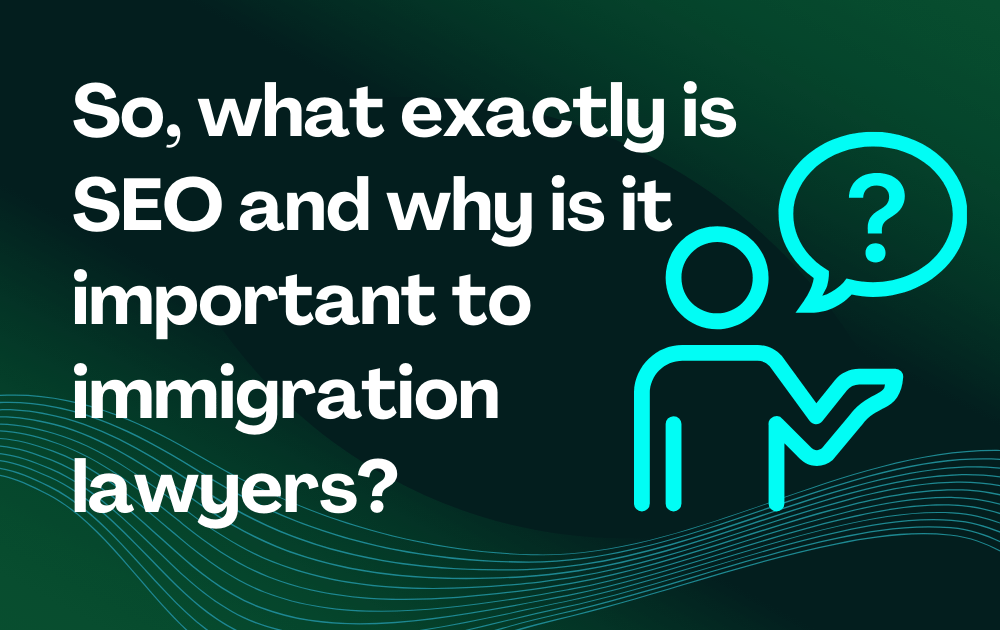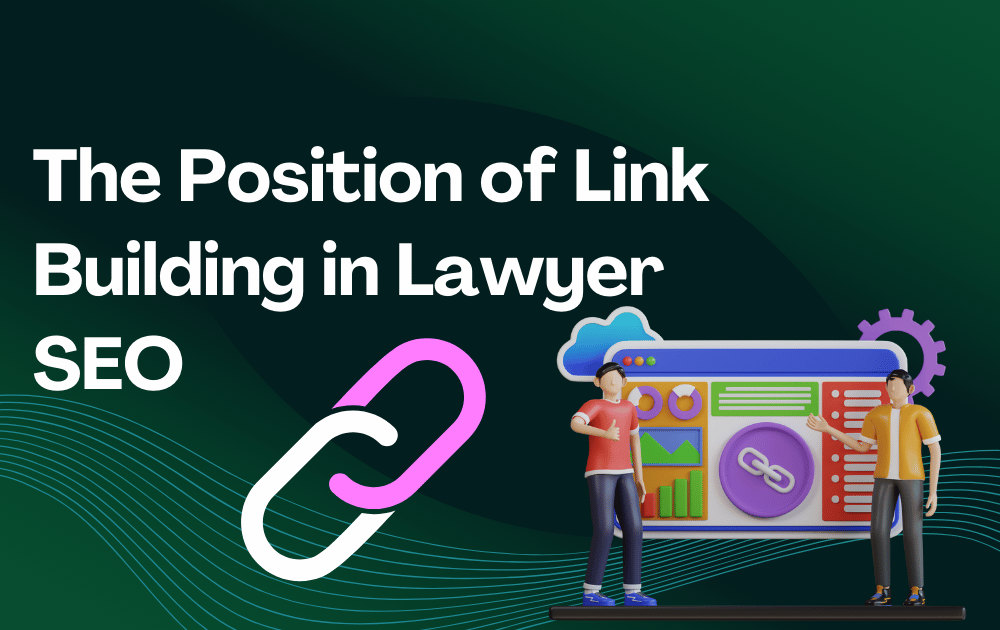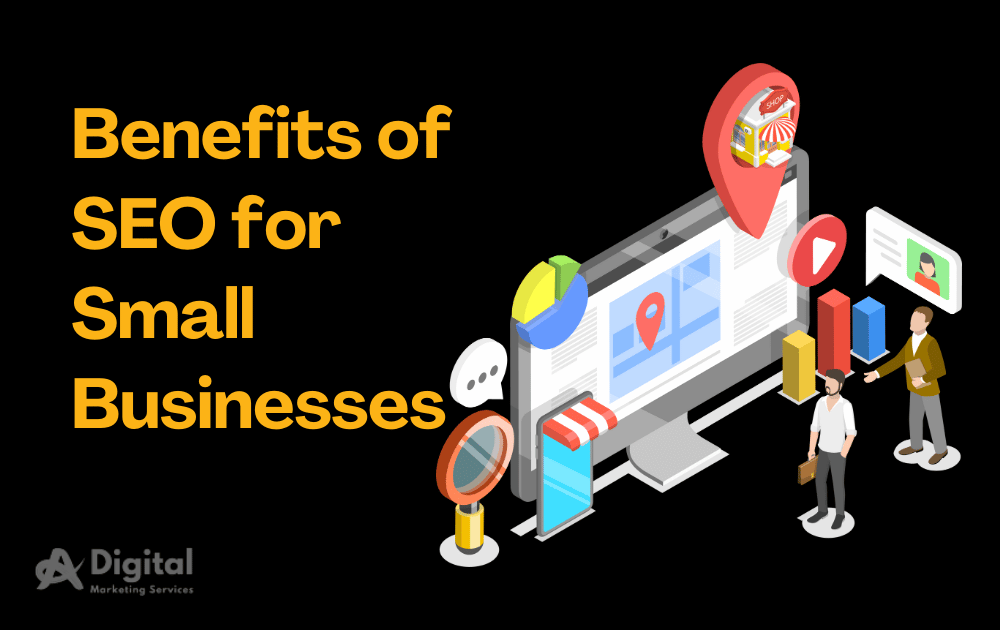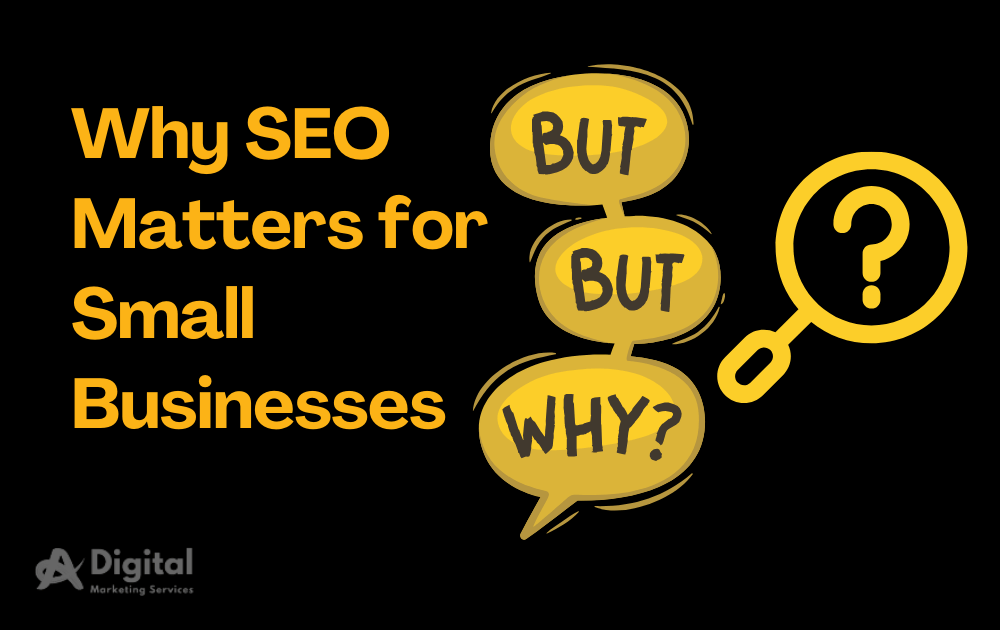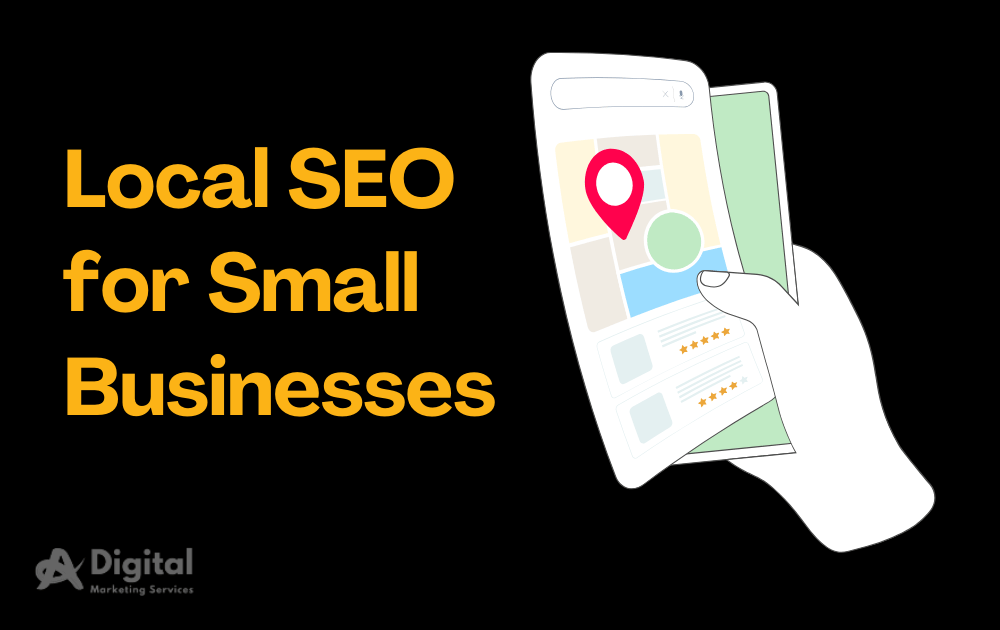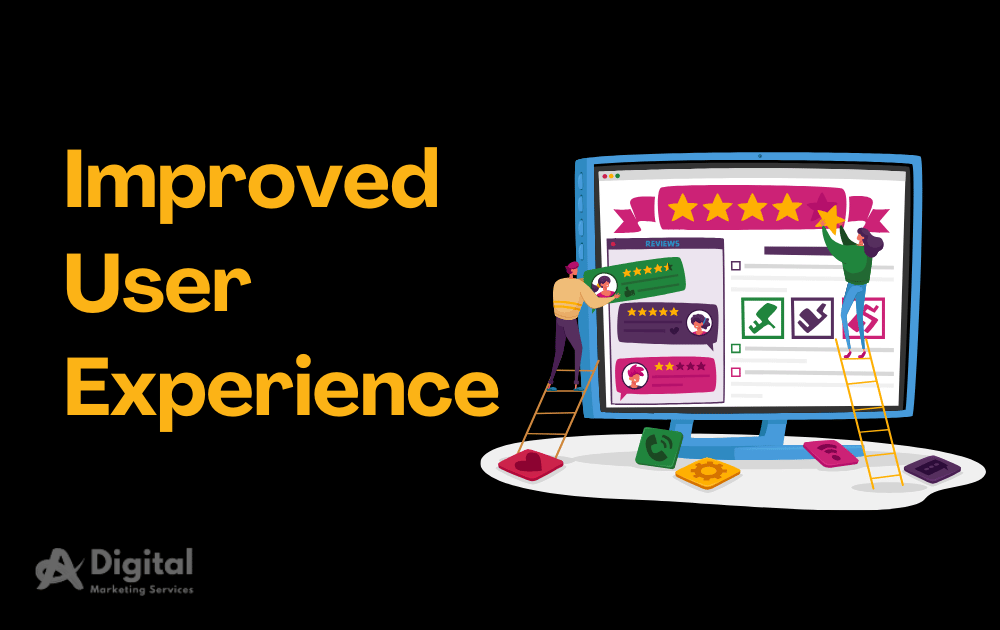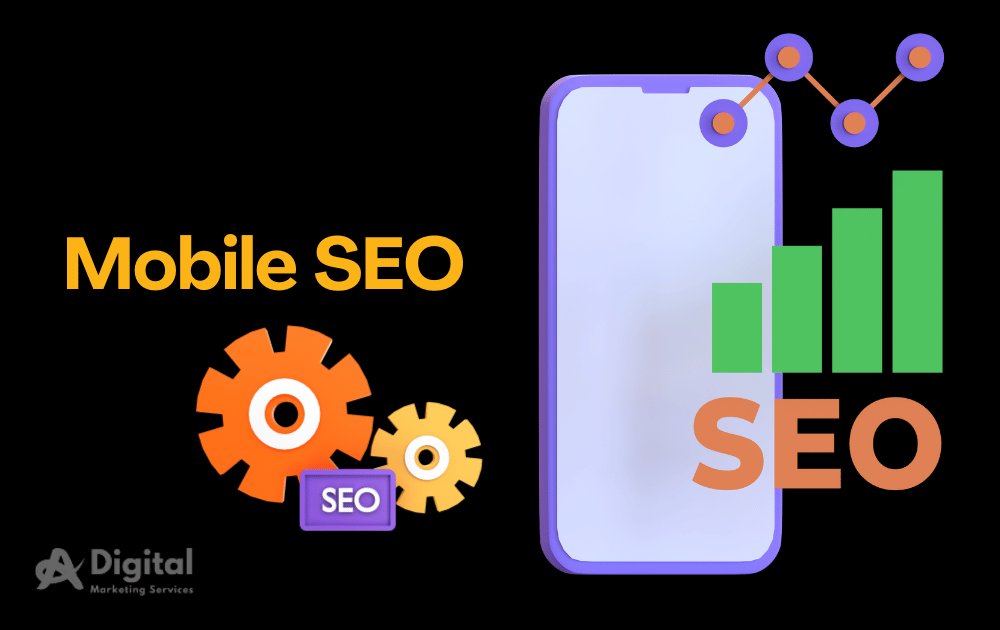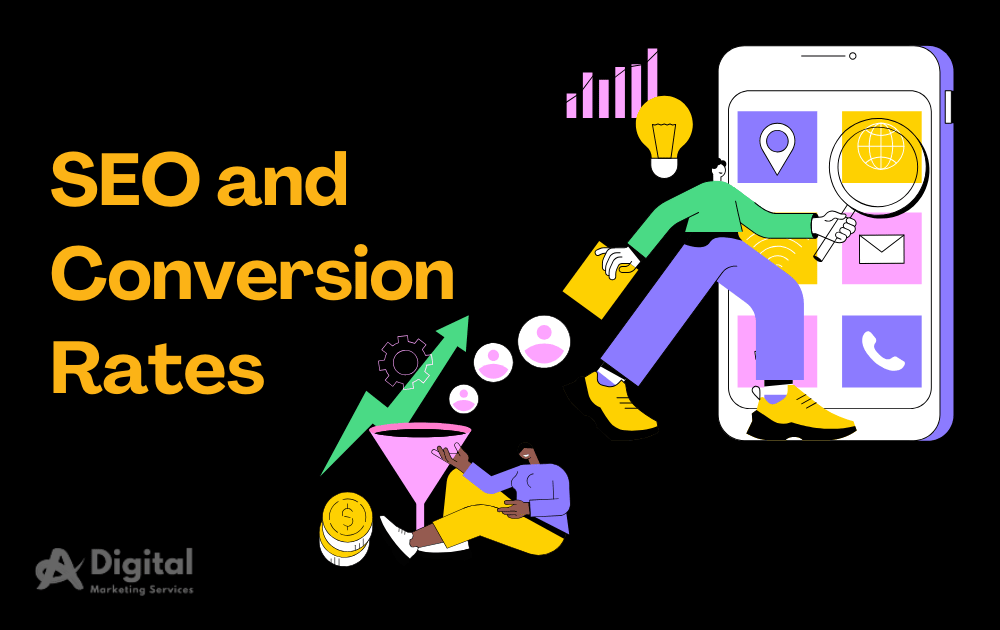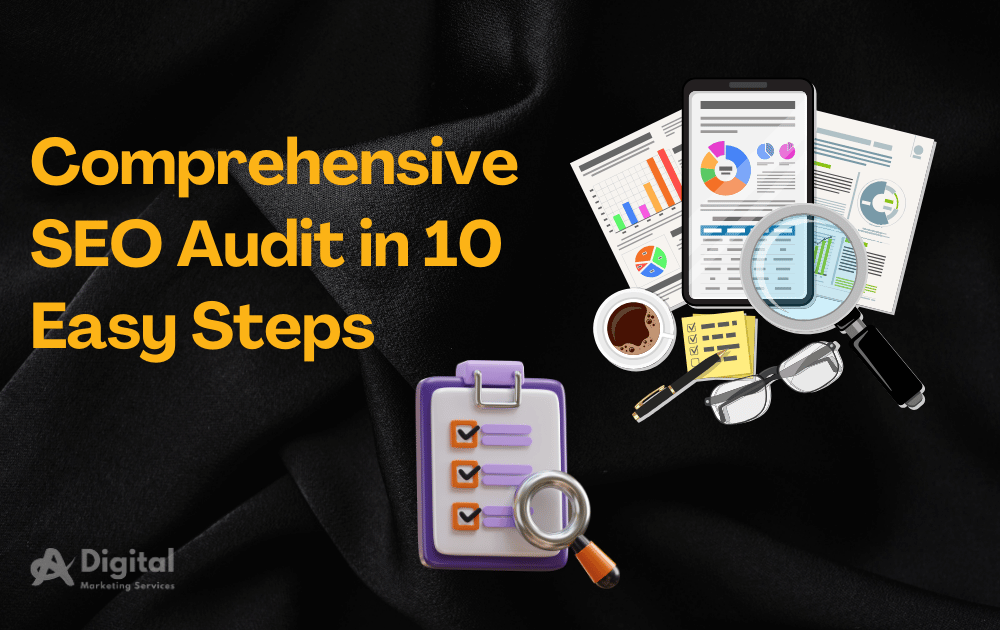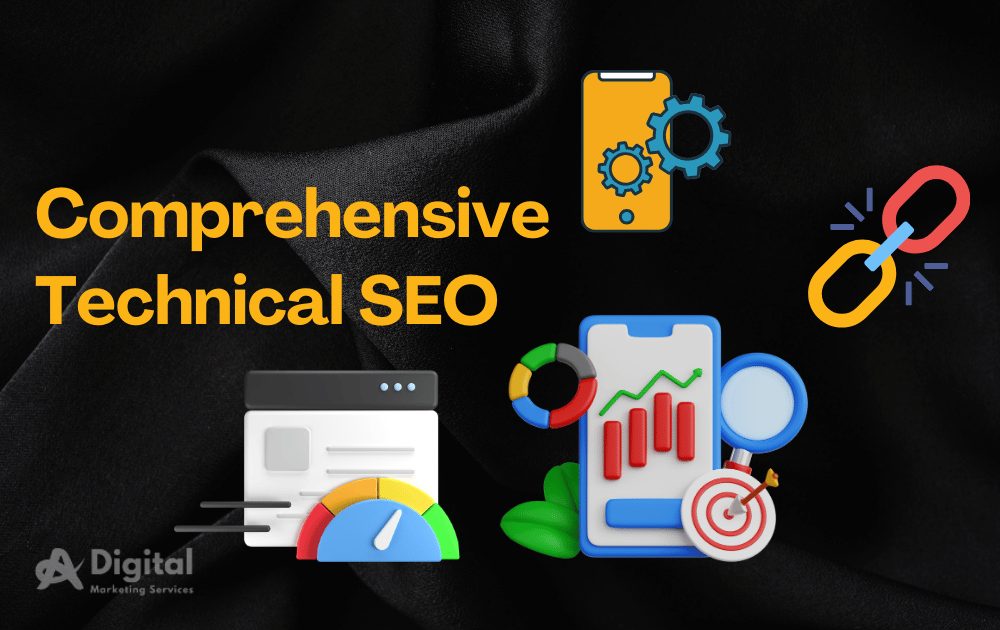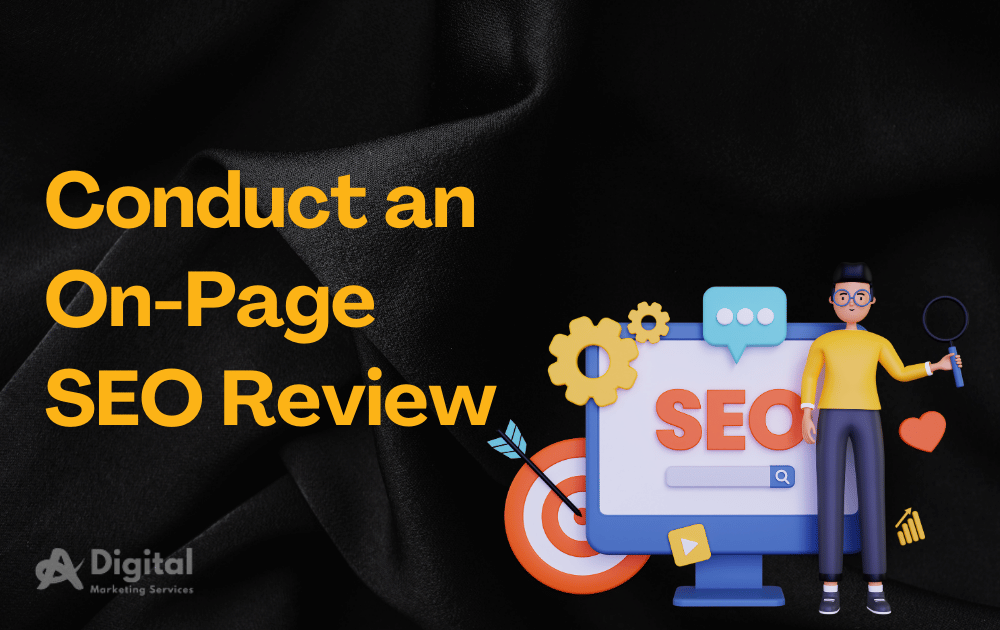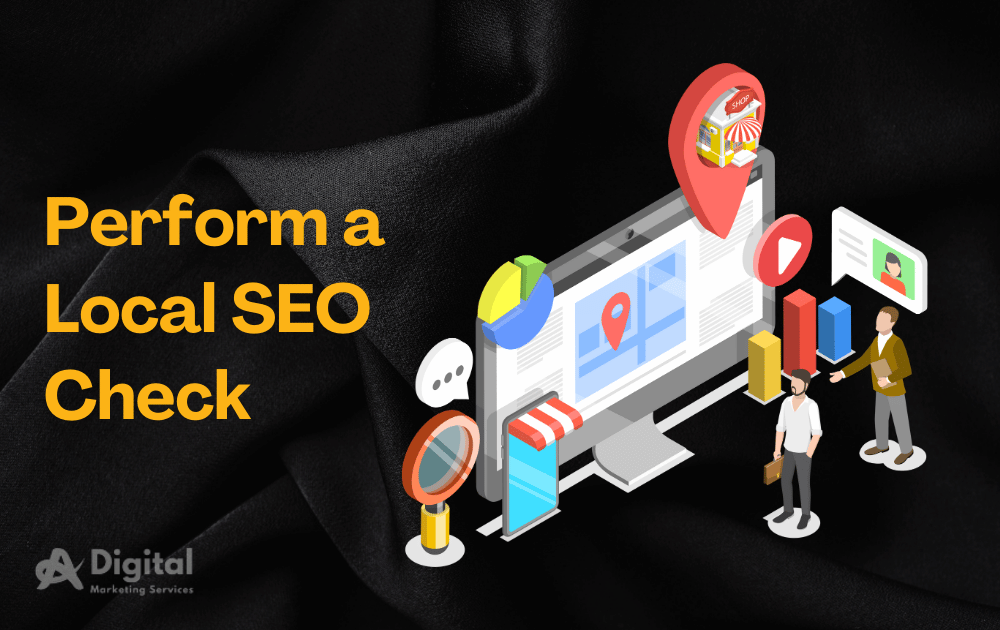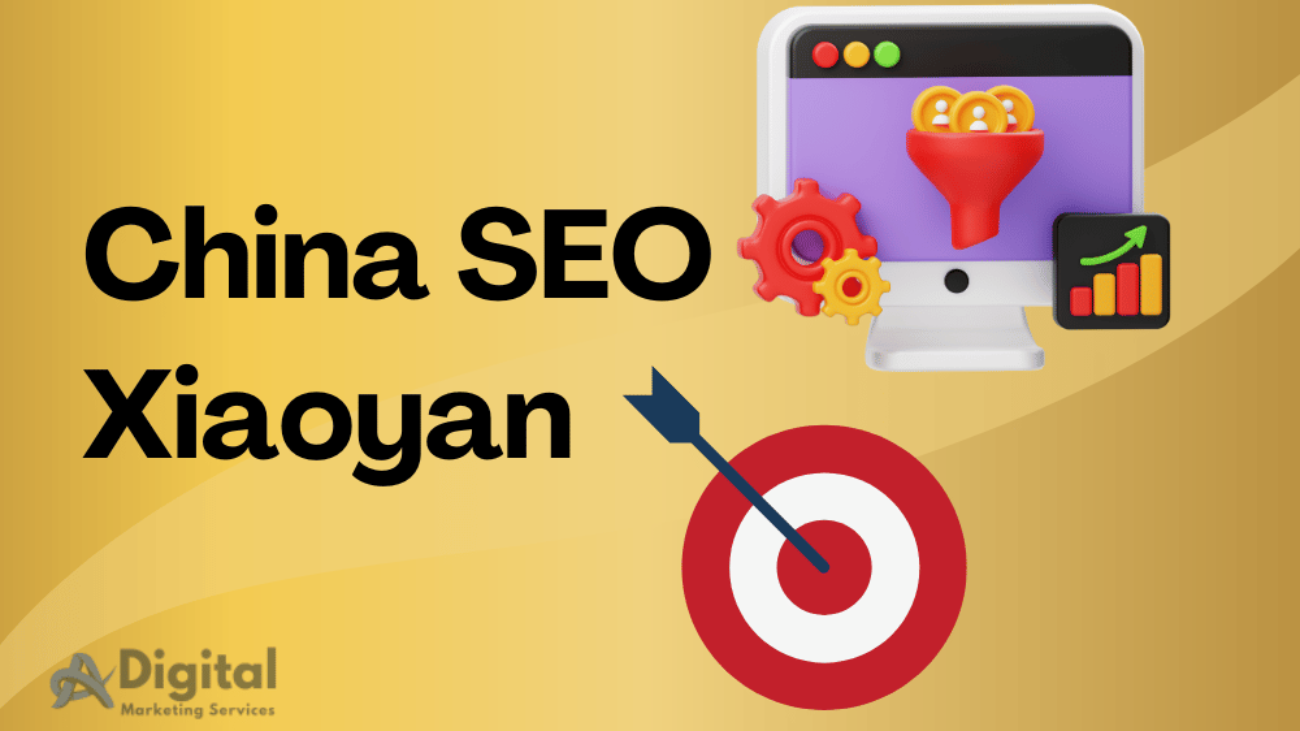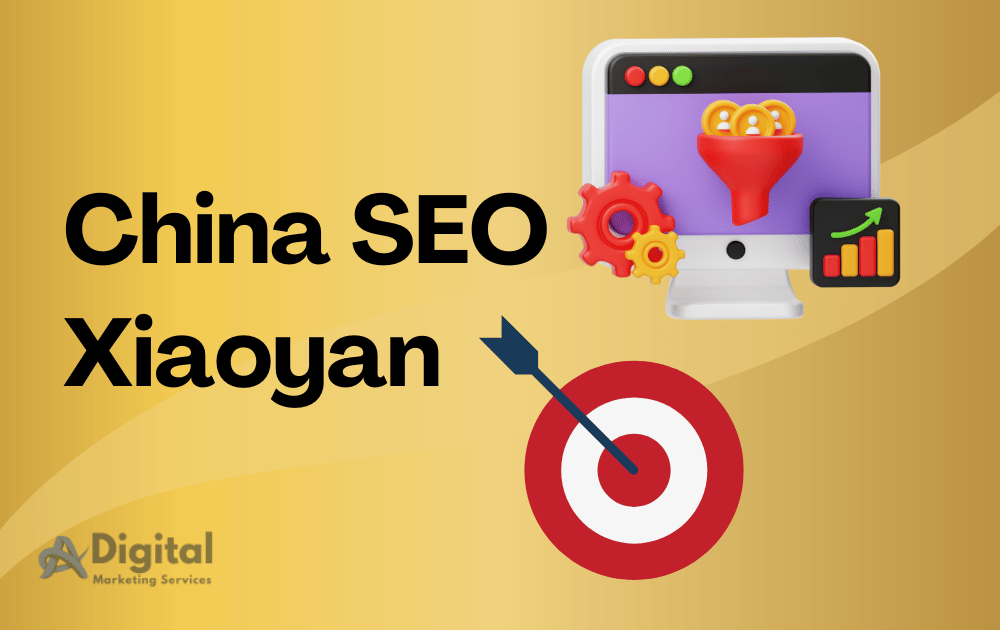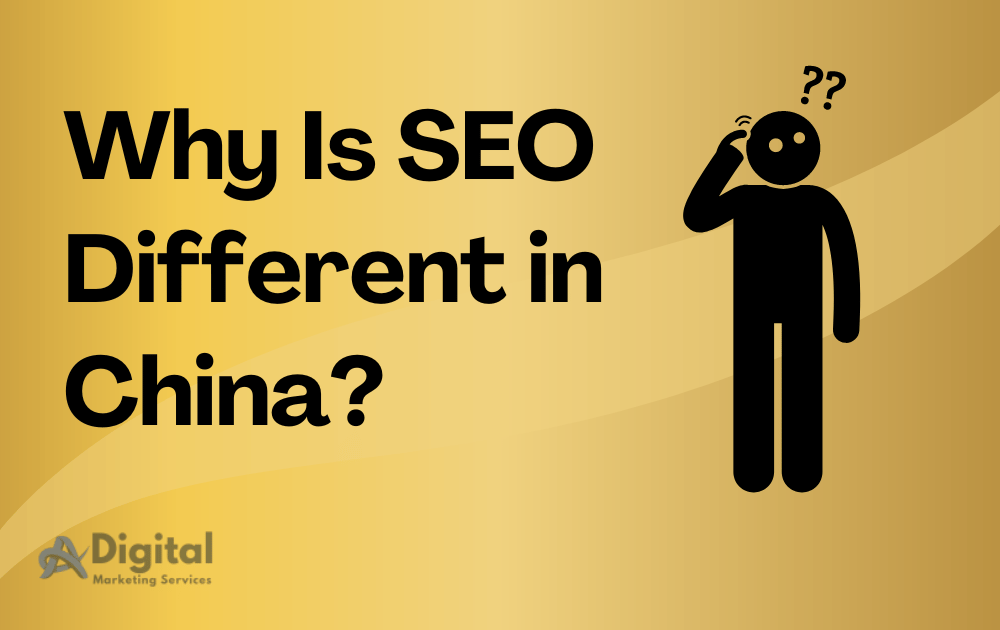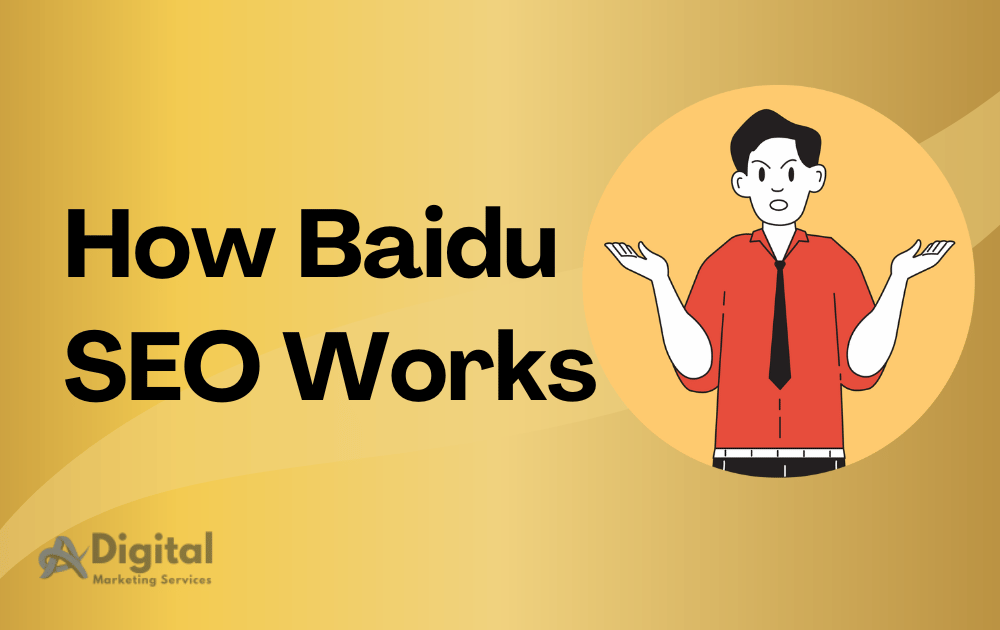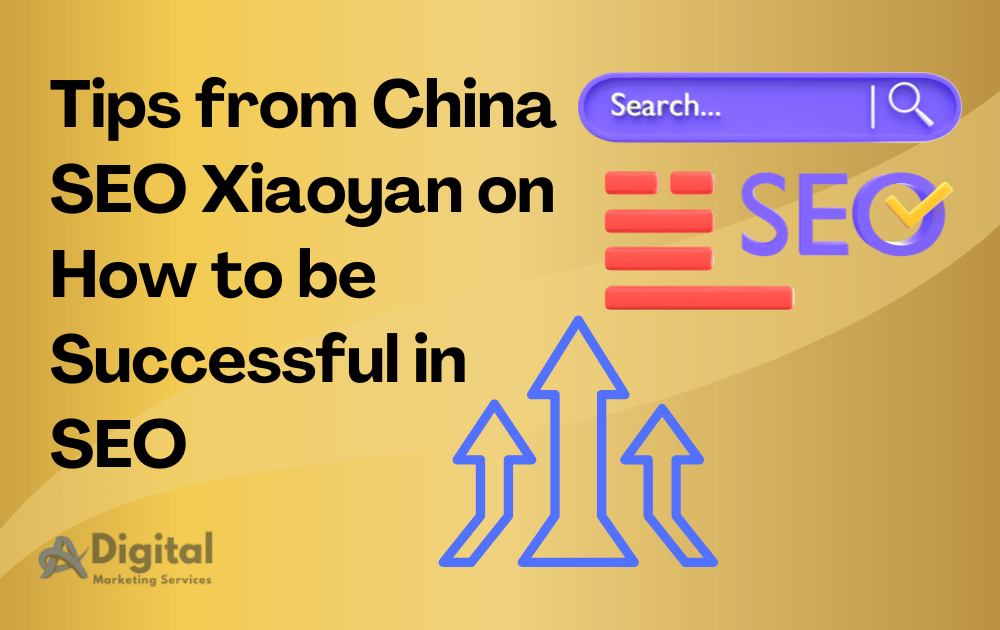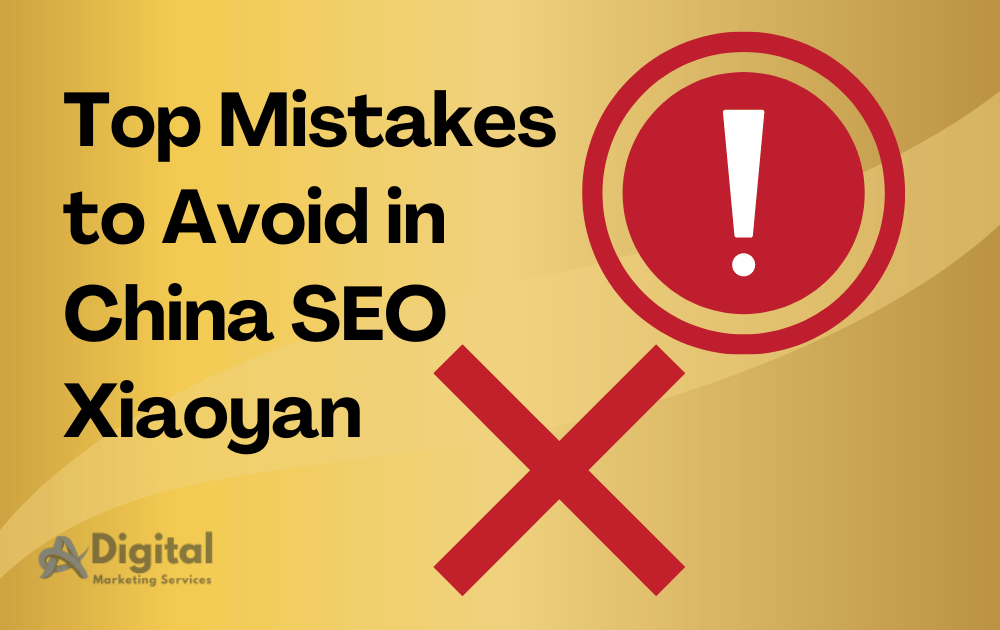Introduction
In the current competitive digital landscape, businesses always look for avenues to broaden their customer base and maximize their bottom line. The finest way is through the acquisition of SEO leads. Acquiring SEO leads offers the chance to directly reach potential clients who already have an interest in the services or products that you offer. Why are buying SEO leads so important, though? Even more important, however, is how the business ensures that it buy SEO leads the right leads that eventually turn into loyal customers.
This article goes into everything you need to know about buying SEO leads understanding what SEO leads are the benefits they will bring, and then where to buy them, to maximise their potential for business success.
So, whether you’re new to generating SEO leads or just looking to hone your strategy, the information below is here to guide you in making informed decisions.
Buy SEO Leads

Buying SEO leads directly targets people, which is a game-changer for businesses keen on growing their online presence. It differs significantly from the traditional marketing approach in which many people are contacted with the hope of landing a few.
Through buying SEO leads, businesses can communicate directly with people who have already indicated interest in their services or products. This targeted approach churns up higher conversion rates while saving time and money, hence marketing becomes much more effective.
This would mean that you invest in a targeted audience with a high probability of interacting with your offerings. This is not acquiring names and email addresses alone; the potential will be for data about people who are searching for solutions in your industry. This is a golden opportunity to convert such people into paying customers.
What Are SEO Leads?
In simpler terms, SEO leads are the potential clients who visit your business due to organic search results. When a person is using a search engine like Google in the pursuit of information, services, or goods and they find you at a good rank, then they might pay attention to the businesses appearing high up in those results.
The moment a person visits your site fills up your form or asks for more information, he or she turns into an SEO lead.
These are goldmine leads since they have already shown interest in what you are offering. The intent is very clear from the actions: they are looking for solutions to their problems. There are classified categories of SEO leads, such as:
-
- Local SEO Leads: would-be customers from your locality or region.
-
- Organic SEO Leads: visitors searching through non-paid lists
-
- Paid SEO Leads: those produced in paid SEO campaigns like Google Ads.
Through paid sources of SEO leads, you get a chance to quickly target these leads compared to waiting for them through organic traffic.
Quality Leads

In the process of business, buying seo leads appears to be the shortcut to business growth. It is however critical to note that all leads do not have similar quality as those they carry. Through payment, these leads can easily make or break your business, depending on what quality they hold.
Quality SEO leads mean they are very similar to the target audience, which is likely to convert into payers. Poor quality leads can waste resources and harm your brand in case you fail to deliver them what they expect.
Quality must top the list in selecting the decision to purchase SEO leads. One few high-quality leads are far better than millions with absolutely no potential at all. Your goal is to build lifelong relationships with your customers, and that starts with determining whether the leads you are buying match your business purpose.
Advantages of Buying SEO Leads

There are many strong advantages to paying for SEO leads, especially to those businesses looking to speed up their marketing campaigns without compromising results. Some of the major benefits are:
-
- Time-Saving: Organic SEO is not attained overnight and will take its sweet time before generating potential traffic and eventually creating a lead pipeline. You save time when you buy leads since you skip the waiting period and get in touch with your potential customers right away.
-
- Higher return on investment: Targeted leads ensure you are marketing to people who already have an interest in your services, meaning they are more likely to convert and yield higher returns on investment.
-
- Improved targeting: SEO leads incorporate insights into user behaviour, like search intent, enabling businesses to present a marketing message based on the real needs of their target audience.
-
- Better Resource Utilization: Lead buying enables companies to focus efforts on closing deals and managing client relations rather than spending time on lead generation.
With these benefits in mind, it becomes clear that the acquisition of SEO leads is a good business strategy for companies looking to scale up rapidly in an efficient manner.
Types of SEO Leads
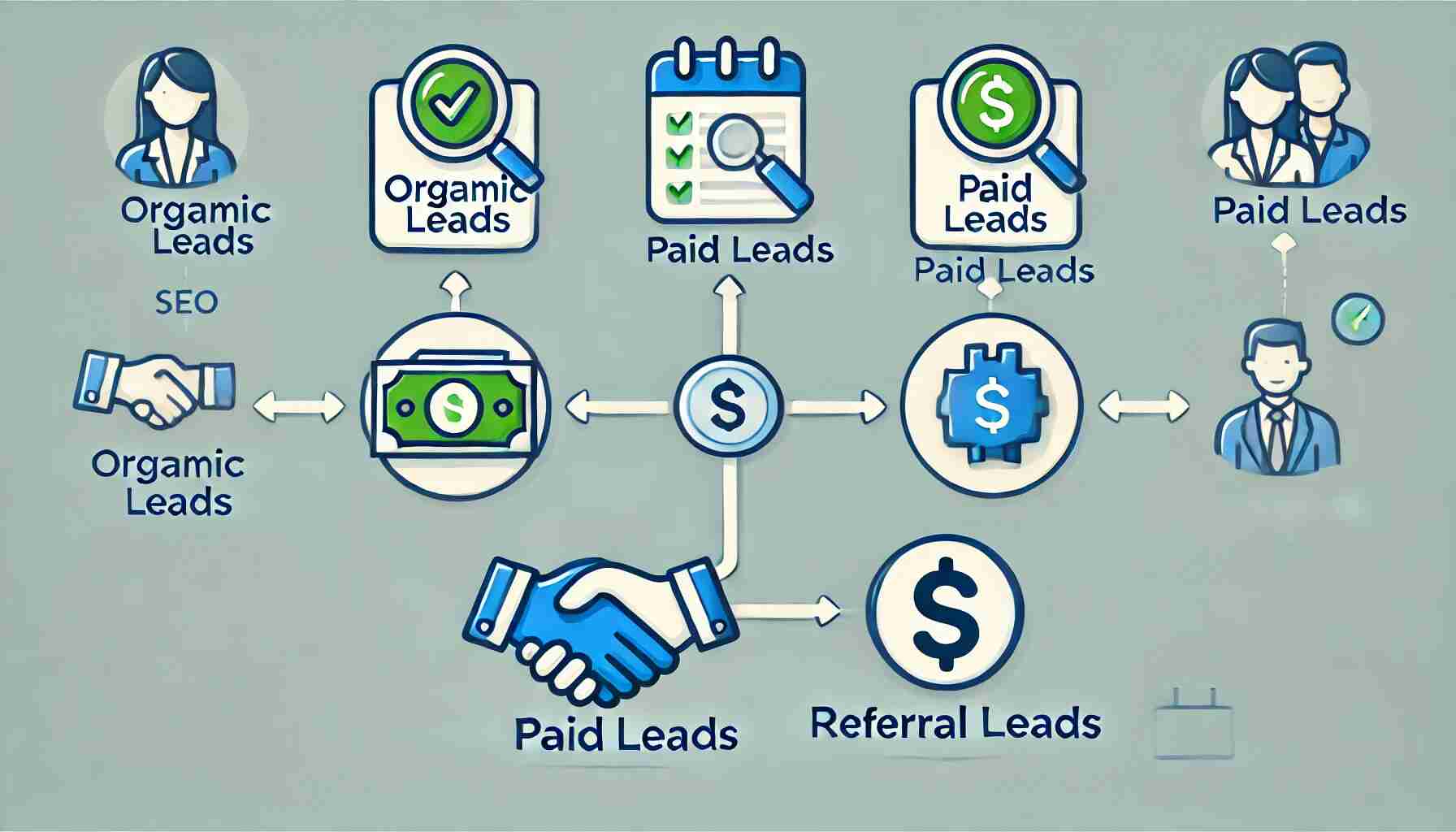
Not all SEO leads are created equal. Knowledge of what makes them different will help you decide on the right kind of leads for your business. Commonly, the forms of leads under SEO include the following:
-
- Local SEO Leads: These are the most vital if you have a brick-and-mortar business. It is made up of people in your vicinity who are looking for services which you can provide.
-
- Organic SEO Leads: Organic search is the way to your website. They are usually attributed to stable content marketing and proper SEO techniques.
-
- Paid SEO Leads: Paid search leads have their origin in paid search campaigns like Google Ads. The leads are very much targeted. However, the acquisition of these leads happens to be expensive and at a constant need for investment.
This way, you may make more intelligent purchasing decisions about which types of leads will best benefit your company.
We also Provide best SEO Services if You Want Then Click here.
How to Buy SEO Leads

Buy SEO leads requires a strategic approach so you get the most value for your investment. Here’s how to do it:
-
- Define Your Target Audience: It’s essential to establish exactly who you’re targeting before buying leads. Consider demographics, location, interests, and purchasing behaviour.
-
- Select a Good Lead Supplier: Choose to collaborate with companies that specialize in SEO lead generation. Decide on suppliers who have excellent ratings and significant experience in producing quality leads.
-
- Evaluate Lead Quality: Request sample leads or data before buying, which would reflect the quality of leads bought. Ensure they closely resemble your business and tend to convert well.
-
- Set a Budget: Consider the cost per lead and how it fits within your overall marketing budget. Better-quality leads may have a higher cost, but they make a better return on investment.
-
- Monitor and Adjust: After the leads are purchased, monitor their performance in detail. Continuously track the actual conversions, and adjust the strategy as needed to ensure maximum results.
By following these steps, businesses can put themselves in good positions to be wise when buying SEO leads.
Conclusion
Buy SEO leads to grow a business fast and efficiently, connect it with its target audience, and optimize its digital marketing efforts. Concentrating on quality, not quantity, choosing the right lead provider, and including SEO leads in a company’s overall marketing strategy will help businesses become better at generating leads and converting them into clients in the end.
Be it a small-sized business or a more developed one, investing in leads through SEO ensures that your business stays ahead of the game, capable of moving forward in this competitive virtual world.



